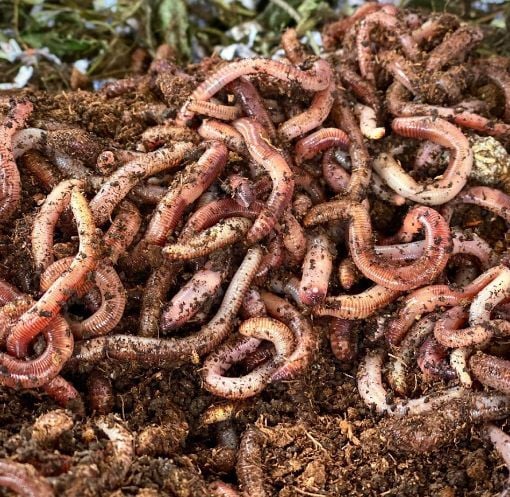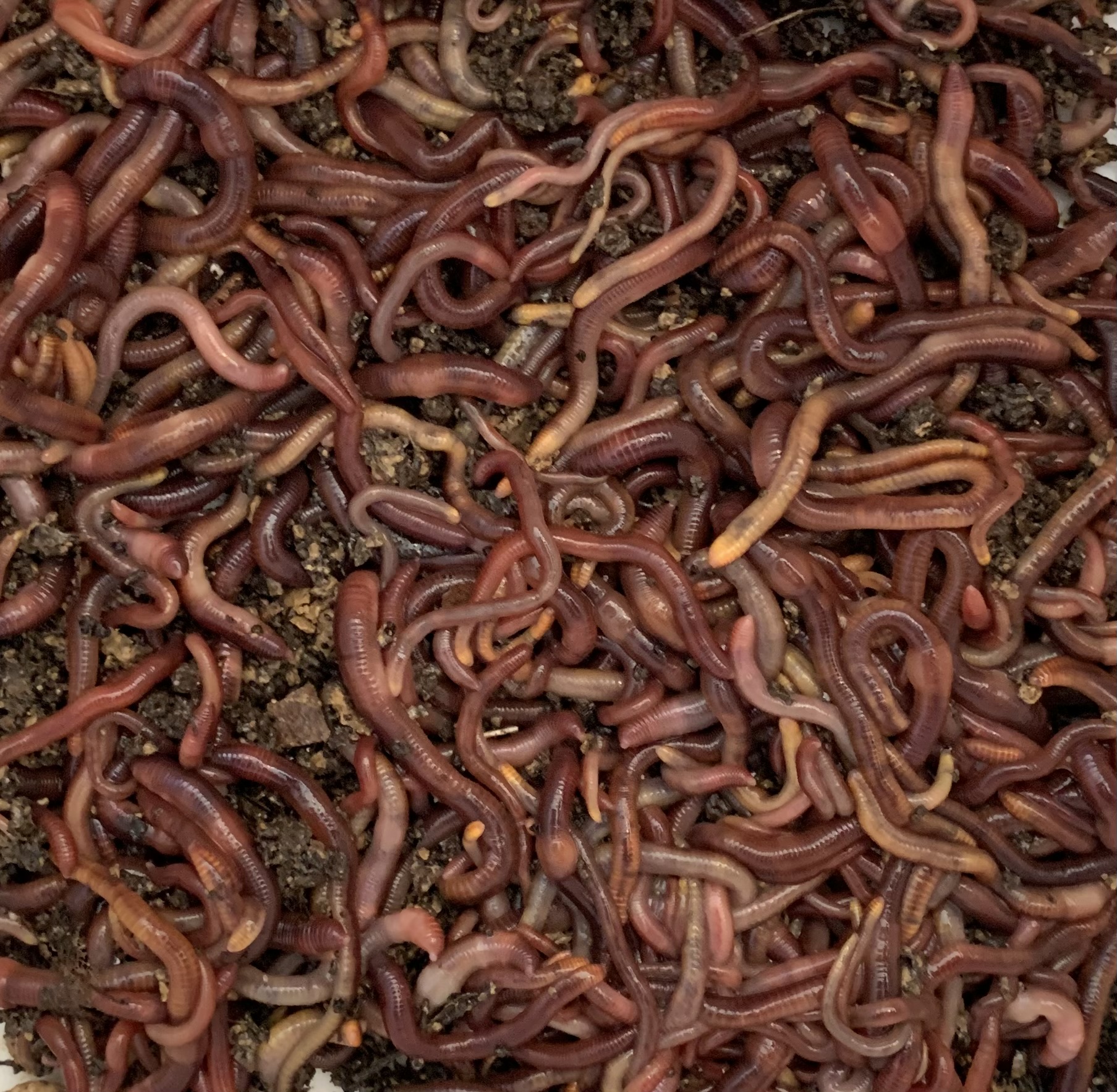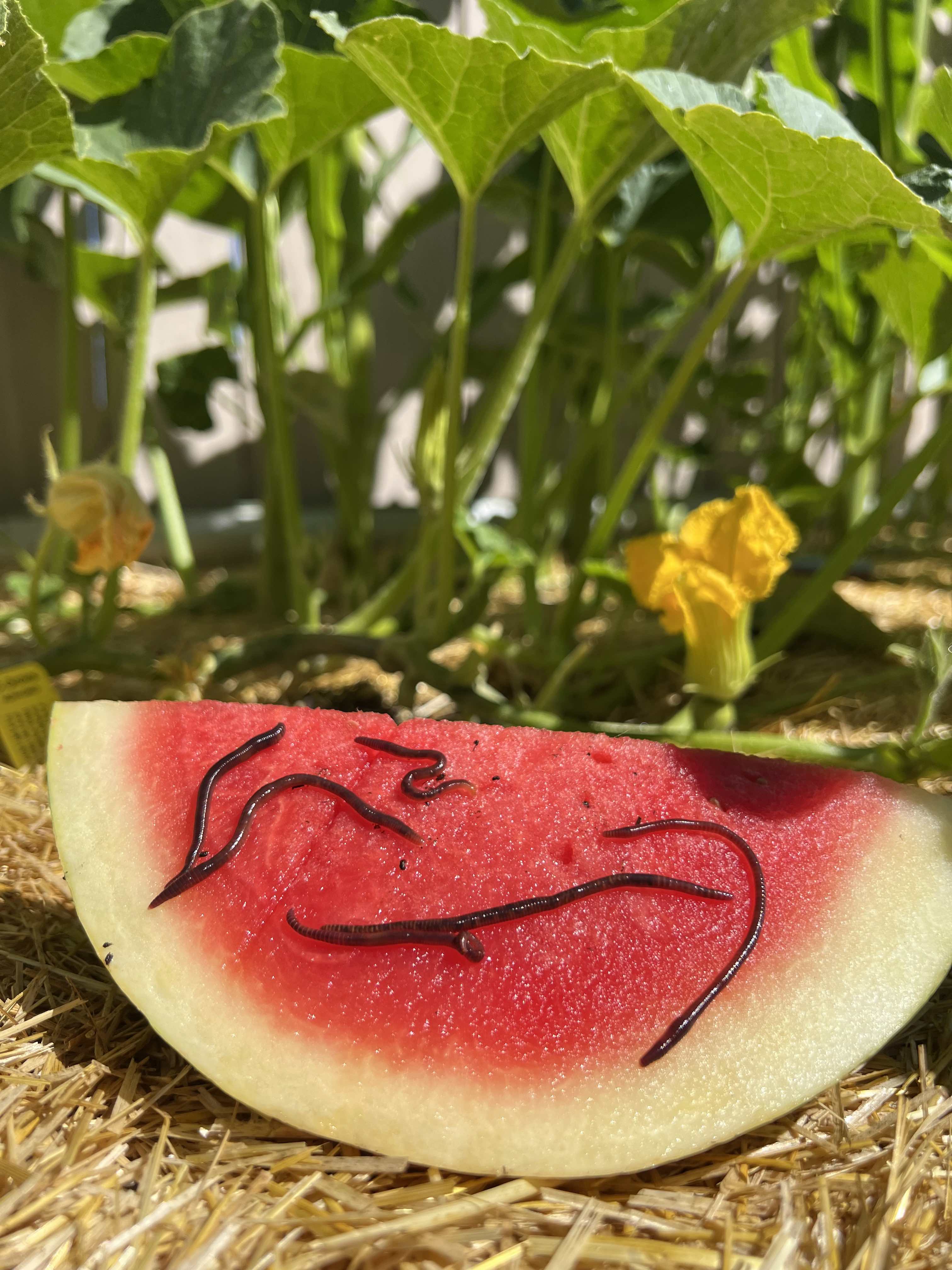5 Simple Techniques For Red Wiggler Express
We'll speak concerning exactly how to keep red wigglers and why they must be the best worm for many composters. Enjoyable fact: The "fetid" component of the binomial name refers to what some say is a foul-smelling secretion the red wiggler makes use of to fend off killers. The makeup of a red wiggler looks like that of other typical earthworms; a long-segmented body starts at the pointed head and terminates at a slightly-flatted tail.
The Ultimate Guide To Red Wiggler Express
The digestive system is basic, starting at the mouth where the worm starts to eat its food before passing it on the throat. The pharynx is a muscle section which acts like a pump to draw food into the mouth before pumping it out into the esophagus. The esophagus is slim and thin-walled and acts as the "waiting area" for the gizzard.
Keep in mind: This demand for grinding is why grit is advised in a worm container. The worm features no native grinding capability so the worm counts on ingested grit to aid grind its food in the gizzard. The belly is where the very first chemical failure of food occurs with the help of a protein-busting enzyme.

(https://www.localstar.org/red-wiggler-express)The intestinal tract develops the longest part of the worm and is where most of food digestion occurs via enymatic processes. The spreadings ultimately travel through the rectum at the end of the worm as capsules covered with a biologically-rich mucus. (You're not eating I hope (Red Wigglers For Bait).) Red wigglers will certainly intertwine around one an additional, exchanging sperm via their skin.
Within 42 days, these baby worms will certainly get to sexual maturation as shown by the introduction of the clitellum. A fully grown red wiggler can be expected to live between one to 3 years. The magnificent red wiggler may in some cases be made use of as a lure worm for smaller fish or as a protein resource for hens and reptiles.
The Buzz on Red Wiggler Express
And as stated over, they are the most usual composting worm in the world. Rather, a mix of cost, hardiness, and comfort in a large variety of temperatures makes it the most suitable composting worm for most brand-new vermicomposters.
This is an usual technique among worm carriers that don't intend to run the risk of having the worms being in a warm or cool storage facility over the weekend break. Worm cultivators are not storing worms in a situation where they prepare to deliver. The worms should be gathered from their environment first, so farmers will certainly usually set a Friday or Saturday due date in order to harvest in time for a Monday delivery.
To conserve on delivery price, you might desire to see if there are any kind of nearby "Mommy and Pop" shops through a Google search (Red Wigglers For Bait).
I call these the "Big 3" elements of worm container maintenance. As pointed out previously, red wigglers have a large temperature level resistance.
Red Wiggler Express Can Be Fun For Anyone

For finest outcomes, you want to aim for regarding 60-70% moisture degree. The easiest test for this is to press a handful as hard as you can. At the ideal moisture degrees which is just under 70% that handful must barely generate one drop of fluid. pH in a worm bin is rather simple to keep.


The European Nightcrawler, the bigger cousin of the red wiggler, is simply as starved and additionally makes for an excellent lure worm. However it likes a little a cooler environment than the red wiggler. The African Nightcrawler is a huge composting worm and makes an attractive, granular cast.
The Indian Blue is ravenous, yet also prefers a warmer climate and it also displays a tendency to get away the container. The red wiggler is a hardy worm and isn't as particular concerning its climate. I such as to call it the Ford Taurus of vermicomposting worms; you won't brag to your hardcore composting buddies that you possess them, but they will offer you well.
How Red Wiggler Express can Save You Time, Stress, and Money.
Guaranteed active 1/2 pound of hand sorted Red Wigglers/Compost with worms (+500 worms) in various stages of life from cocoons to develop worms in their natural environment/bedding. Hand sorted worms minimized the disturbance of the worms thus insuring online distribution. Red wiggler worms do not like resonances or light.
Comments on “An Unbiased View of Red Wiggler Express”